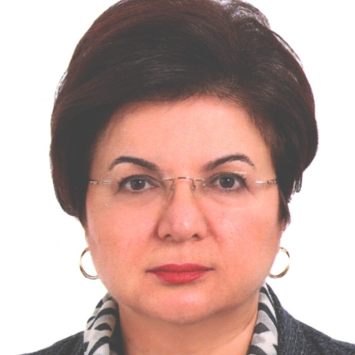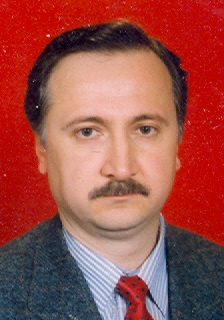|
Department of Non-Communicable Diseases Today, two thirds of all deaths in the world occur as a result of NCDs. Causes of three quarters of early deaths are cardiovascular disease, cancers, diabetes and COPD. Since 1990, worldwide maternal and child mortality has fallen by almost half. However, in recent years, NCDs have turned into a global outbreak. This problem has become an important public health issue not only for developed countries but also for developing countries. Non-communicable disease burden which was 68% in 2000, increased to 81%. in 2013 according to "National Burden of Disease Study" collaboratively performed by Hacettepe University Population Studies Institute and the Ministry of Health of Turkey. It is predicted that this burden will increase, in case control programs related to NCDs, which is responsible for 88% of deaths in Turkey, cannot be executed effectively. An important point in the control NCDs is to focus on reducing the “risk factors” associated with. The fact that NCDs share common preventable risk factors related to lifestyle, such as smoking and alcohol use, sedentary living, obesity and unhealthy nutrition, provides very important opportunities for healthcare providers and the society for the control and management of NCDs. In line with these reasons; with a multidisciplinary approach, under Hacettepe University, Public Health Institute, Department of Non-Communicable Diseases was established, with Institute Board decision dated 01.03.2017 and numbered HSE / 2017 -01, the decision of the University Senate dated 18.05.2017 and the approval of the Presidency of Higher Education Council dated 07.07.2017 and numbered 75850160-101.02.02-46076, to strengthen the capacity of manpower in the field of NCDs, to conduct programs and studies with aims to develop skills about surveillance, epidemiology, prevention and control programs of NCDs. The objectives of the Department of Non-Communicable Diseases are:
|
| Akademik Kadro | ||
 |
||
| AFFILIATED FACULTY MEMBERS | ||
 |
 |
 |
| Prof. Sadberk Lale TOKGÖZOĞLU lalet@hacettepe.edu.tr |
||
 |
 |
 |
| Prof. Meryem UZAMIŞ TEKÇİÇEK uzamis@hacettepe.edu.tr |
Prof. Ali Fuat KALYONCU fuattoraks@gmail.com |
|
 |
 |
 |
| Prof. Esra ERGİN esra.ergin@hacettepe.edu.tr |
||
|
|
|
|
|
|
|
|